Spiders’ The Technomancer is a lackluster pseudo-sequel to the more interesting sci-fi RPG Mars: War Logs and a step backward from their previous work.
Spiders is a studio defined by an ambition that has yet to reach its full potential. The studio’s games are always just a little better than one would expect, but never quite what they might have been with more manpower and polish. They have a loyal and devoted following, and for the most part they have earned that goodwill. And while a Spiders title rarely shakes up genre standards, they have never felt complacent with the titles they release, until now.
To be clear, I didn’t hate my time with the parellel prequel/sequel that is The Technomancer, but neither did it impress in the same way that Bound By Flame or Of Orcs And Men had. The first was a more complete and polished experience, while the latter turned fantasy conventions on their head for an inherently interesting — if buggy — romp through traditional RPG storytelling. The Technomancer, however, struggles at almost every level of its experience, from the technical to the artistic.
The game is set on Mars, where humanity fights for survival on the hostile planet and every resource is a matter of life and death. Corporate entities have become sovereign nations, waging war and negotiating trade on behalf of their employee citizenry. Beneath the veneer of order, military police battle independent enterprise, organized crime, and rebel factions. It’s a setting ripe for complex relationships, interdependence, and controversy. Unfortunately, all of this is boiled down to the simplest terms possible, dodging immense potential in favor of cliches and one-note plotting.
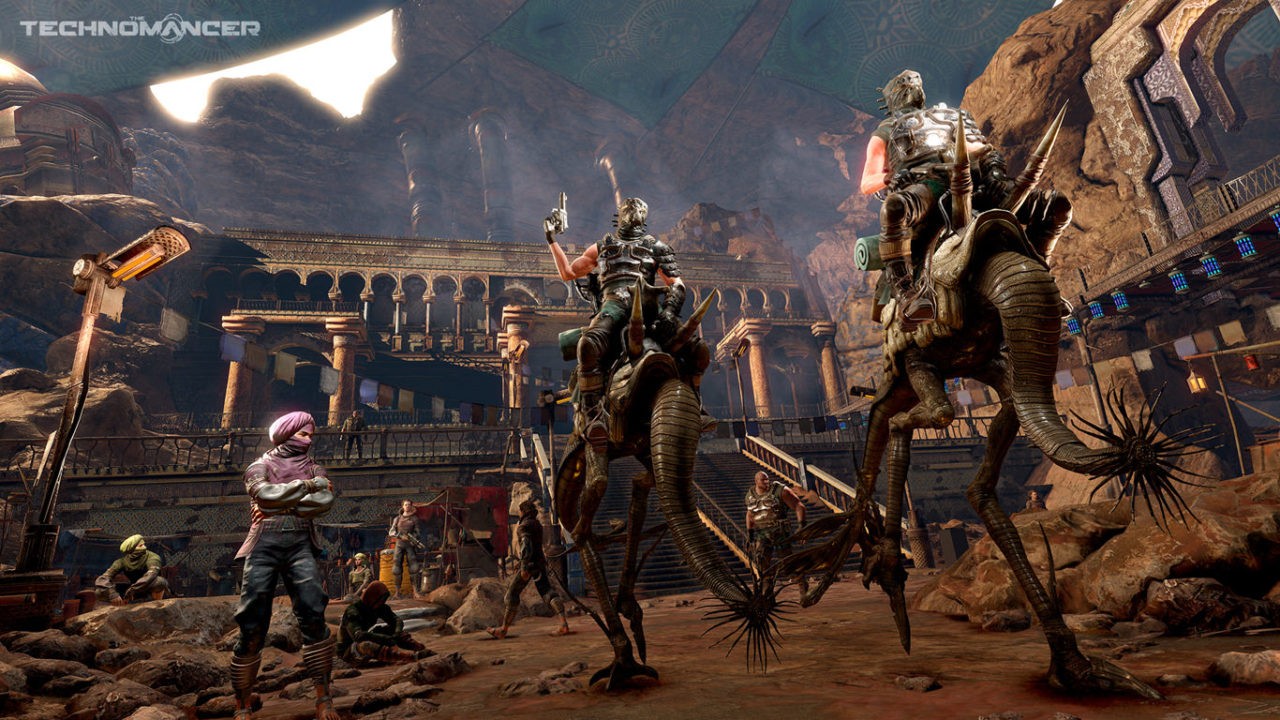
Your party is made up of a cast of caricatures that play like characters who didn’t make the cut for Mass Effect. Not-Mordin, two generic soldiers, a mechanic, and a couple other very forgettable squadmates round out a group that is hard to love, despite some occasionally amusing interactions. The development of said companions is too shallow to allow for a genuine connection, so for the most part they feel like glorified combat buffers. You yourself will play as a Jedi-esque Technomancer, a sort of mutant warrior-priest dedicated to preserving justice and human life itself.
The morality system in the game is justified yet punishing all the same. Because of your devotion to keeping humankind alive, the taking of any story-adjacent life for any reason will net you negative karma. Negative karma has no use outside of making people hate and distrust you, even those who should seemingly approve of your actions.
There are frequent moments in which any choice is a bad one, and the paltry rewards offered for a quest are actually outweighed by the reputation you will lose for completing a mission. This makes the game an exercise in frustration, as you attempt to interpret what the “right” choice should be in a given situation mostly to avoid punishment by the mechanics. Sometimes it’s better to leave a quest incomplete than to finish it, grab a bit of pocket change, and forever sour relations with yet another faction or NPC.
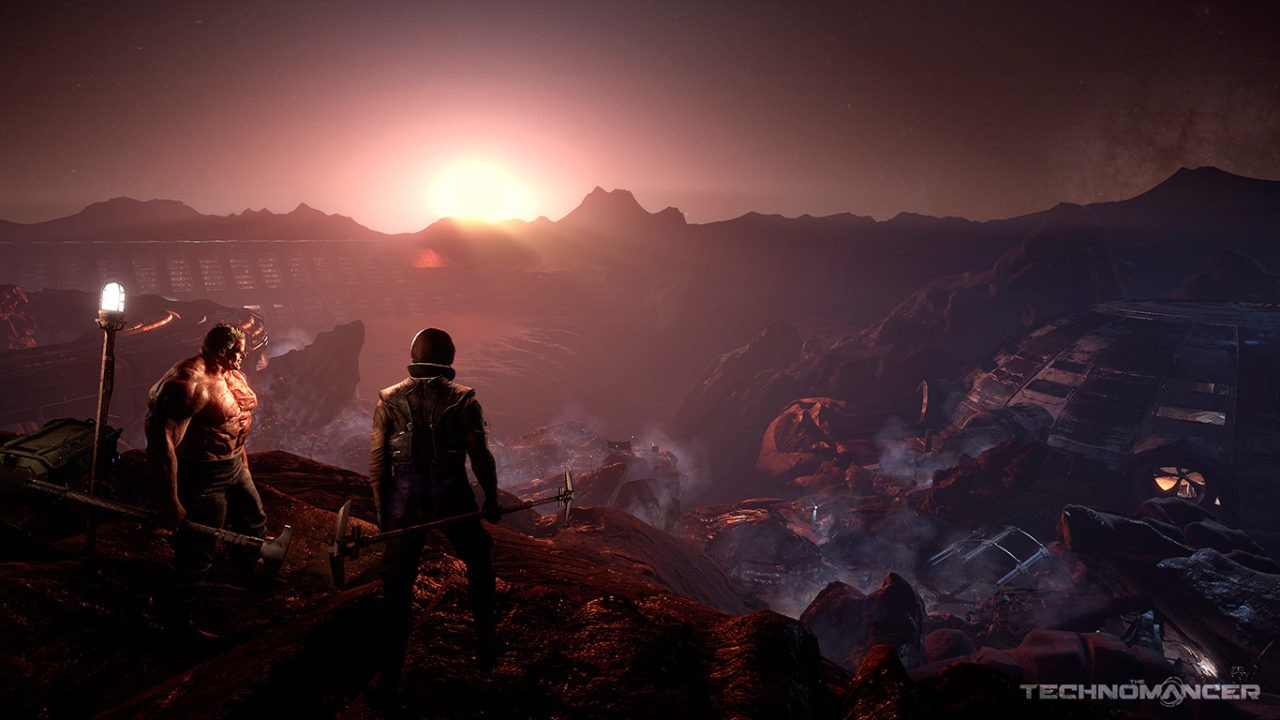
A little more attention to detail like character animation would have gone a long way toward making those choices feel less artificial, if only by helping to connect you to the non-player characters you encounter. Facial animation is limited to some putty-esque mouth squishing, with all other details relegated to cutaway face texture swaps in the rare instances it happens at all. For the most part, watching any character speak — including the protagonist — is mildly disturbing at best.
And you’ll be doing a whole lot of talking. Despite the copious dialog in the game, characters generally repeat the same thin talking points. Within a couple of hours, I found myself tempted to just skip through the majority of dialogue entirely. As an old-school RPG purist, that isn’t something I can ever bring myself to do, but this game may be the closest I’ve ever come.
Between talking, you’ll mostly be running. Quests almost always boil down to talking to a person, then running to the other side of a needlessly bloated map to talk to another person, only to run back to the original person. Repeat ad nauseum, until you receive a small bump of cash and experience.
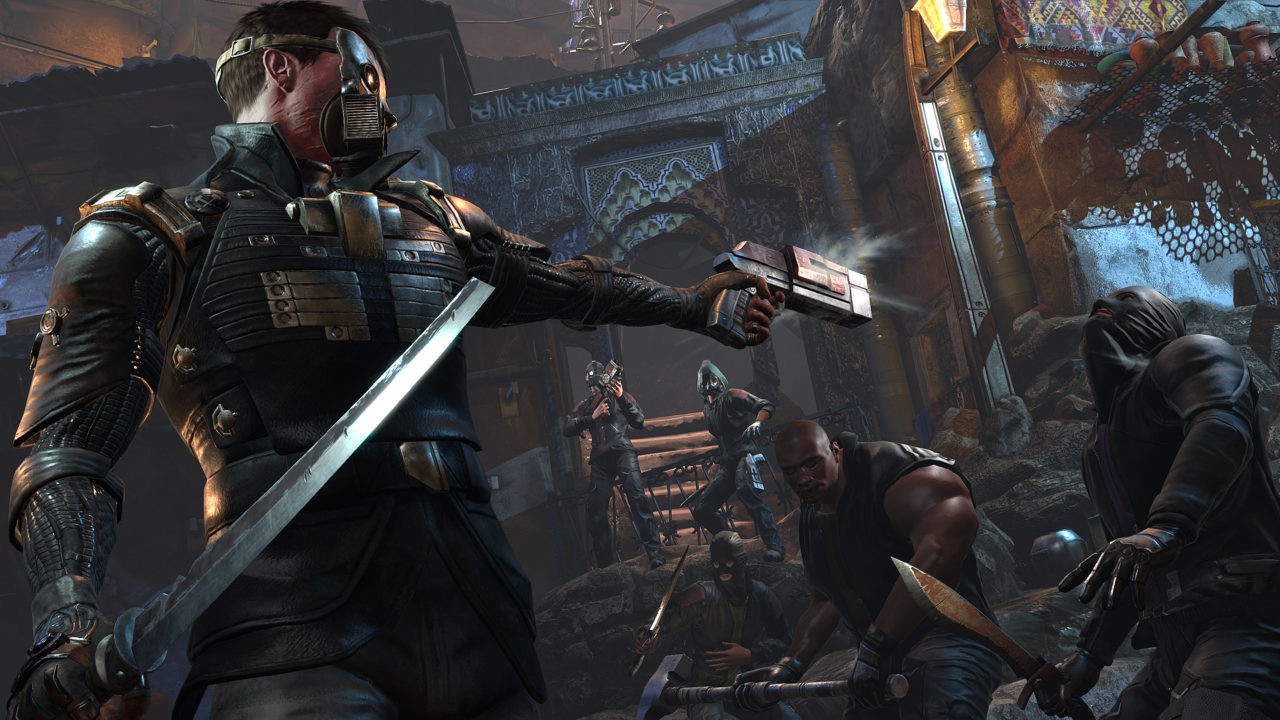
When combat breaks the cycle, it is sluggish and unresponsive. It’s competently animated, but clumsy and imprecise at the best of times. It’s also needlessly difficult, punishing you for the slightest mistake without offering the precision needed to correct for any mishaps. A battle might end in a total party wipe within just a few seconds, or a decisive victory without any change in tactics. Added to this is a sense that no amount of leveling really means very much. For one of the most elite warriors in the game world, you never feel as strong as even the most generic henchman thrown your way.
The protagonist can be built in a number of ways, specializing in any mix of three weapon disciplines and “technomancy.” Skills allow for specialization into a character that is tankier, one that focuses on heavy damage, or even poisons and thievery. Each route has builds that feel viable, but none are substantially different from one another. Additionally, if you don’t choose at least some thievery skills, you’re barred from roughly half of the loot available in the game. Regardless of your companions, only you are permitted to pick locks or otherwise burgle.
Crafting is present to some extent, but it boils down to one of a half dozen different boosts that can be applied to your weapons or apparel. It’s interesting, but feels more like the beginning of a much larger feature that was never fully implemented. That’s not to say it’s not important, however; without paying attention to upgrade opportunities for your gear, you will find yourself sorely under-equipped for the aforementioned fights.
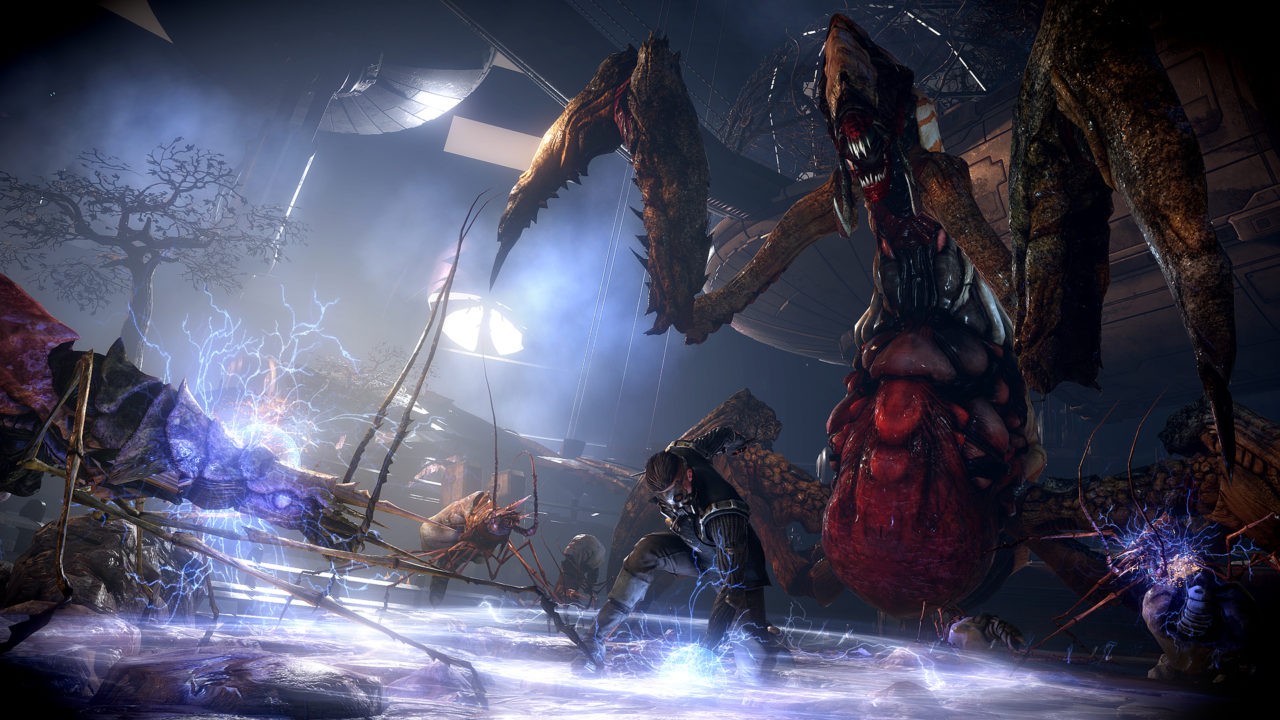
If you can wade through the frustrating combat and repetitive dialog, the world itself is full of interesting and varied sights and sounds. The one true advantage of The Technomancer is a foundation of lore and world-building granted by its predecesor, Mars: War Logs. There are exotic places to visit and some interesting creature designs that pop up here and there. It feels as if so much of the world is brimming with stories it would like to tell, but cannot because it’s shackled to the game. I couldn’t shake the feeling that with another year or so of development and a stronger writing staff, we may have come upon something genuinely special.
None of these elements on their own would break the game, but The Technomancer ends up feeling like a compilation of narrowly missed opportunities. Just a little tightening up of combat, a slight polishing of its dated visuals, or the lightest editorial care given to its writing might have resulted in a wholly different experience.
I’m a fan of Spiders, and one shaky title isn’t going to reduce my anticipation for the next project from this scrappy independent studio. Still, I’d like to have seen real progress from a group of developers that otherwise seems to be improving with every title. I don’t think that The Technomancer represents a plateau, and I’m still waiting for a demonstration of their evolving talent.
Unfortunately, The Technomancer just isn’t it.
Follow Nate Church @Get2Church on Twitter for the latest news in gaming and technology, and snarky opinions on both.
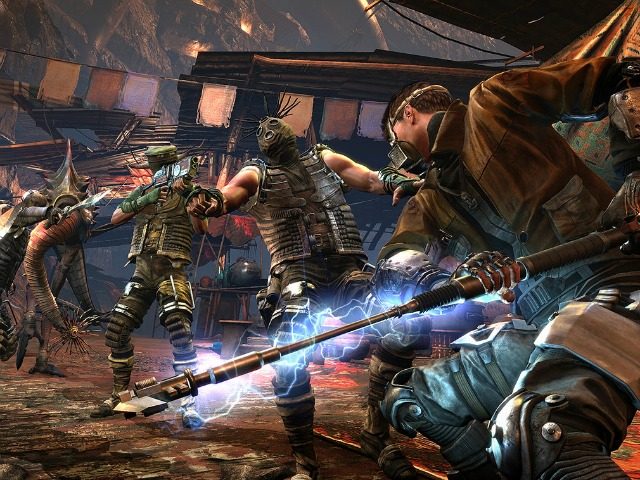
COMMENTS
Please let us know if you're having issues with commenting.